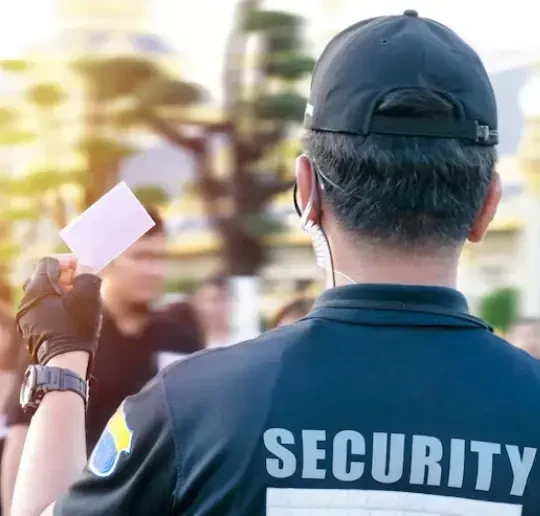In an increasingly complex and interconnected world, security has become a paramount concern for individuals, businesses, and communities. Amidst this backdrop, security guards have emerged as essential figures, playing a unique and pivotal role in safeguarding people, property, and assets. This article delves into the multifaceted responsibilities of security guards and highlights their indispensable contribution to maintaining safety and order in various settings.
The Dynamic Landscape of Security
The role of security guards has evolved far beyond the traditional image of uniformed personnel patrolling a perimeter. Today, security guards are versatile professionals trained to adapt to a wide range of environments, from commercial establishments and residential complexes to industrial sites and public events. Their training equips them to handle diverse scenarios, responding swiftly and effectively to emerging threats.
Prevention and Deterrence
A primary function of security guards is to prevent security breaches before they occur. Their visible presence serves as a deterrent to potential wrongdoers, dissuading criminal activity and creating a safer environment. By proactively identifying vulnerabilities and implementing preventive measures, security guards contribute significantly to reducing the risk of incidents.
Swift Response in Emergencies
In times of crisis, security guards are often the first responders on the scene. Their training includes emergency response protocols, enabling them to handle situations ranging from medical emergencies and fires to natural disasters. Their ability to assess the situation, take decisive action, and coordinate with law enforcement or medical personnel can be critical in minimizing harm and damage.
Customized Security Solutions
Security needs vary widely depending on the setting and the specific risks involved. Security guards are skilled at tailoring their approach to meet these unique demands. They work closely with clients to understand their concerns and requirements, devising security strategies that address vulnerabilities effectively. This customized approach ensures that security measures align with the context and provide maximum protection.
Maintaining Order in Public Spaces
Public spaces, such as shopping malls, entertainment venues, and transportation hubs, require careful management to ensure the safety and comfort of visitors. Security guards play a crucial role in crowd control, helping to manage large gatherings and prevent disruptions. Their presence helps maintain order, fosters a sense of security, and allows people to go about their activities without fear.
Effective Communication and Conflict Resolution
Security guards are skilled communicators who can defuse tense situations and resolve conflicts peacefully. Their training includes techniques for managing confrontations, dealing with difficult individuals, and maintaining a calm demeanor under pressure. By fostering a sense of trust and understanding, security guards contribute to a positive environment and prevent potentially volatile situations from escalating.
Surveillance and Technological Adaptation
In the digital age, security guards have embraced technology as a valuable tool in their arsenal. They monitor surveillance cameras, access control systems, and alarms to detect and respond to suspicious activities. By leveraging technology, security guards enhance their ability to maintain vigilance over large areas and respond swiftly to emerging threats.
Building Community and Trust
Beyond their technical skills, security guards build relationships within the communities they serve. They become familiar faces, known for their approachability and reliability. This sense of familiarity fosters a positive rapport between security personnel and community members, encouraging open communication and cooperation in maintaining safety.
For More Info:-
Aviation Security Service Australia






Comments